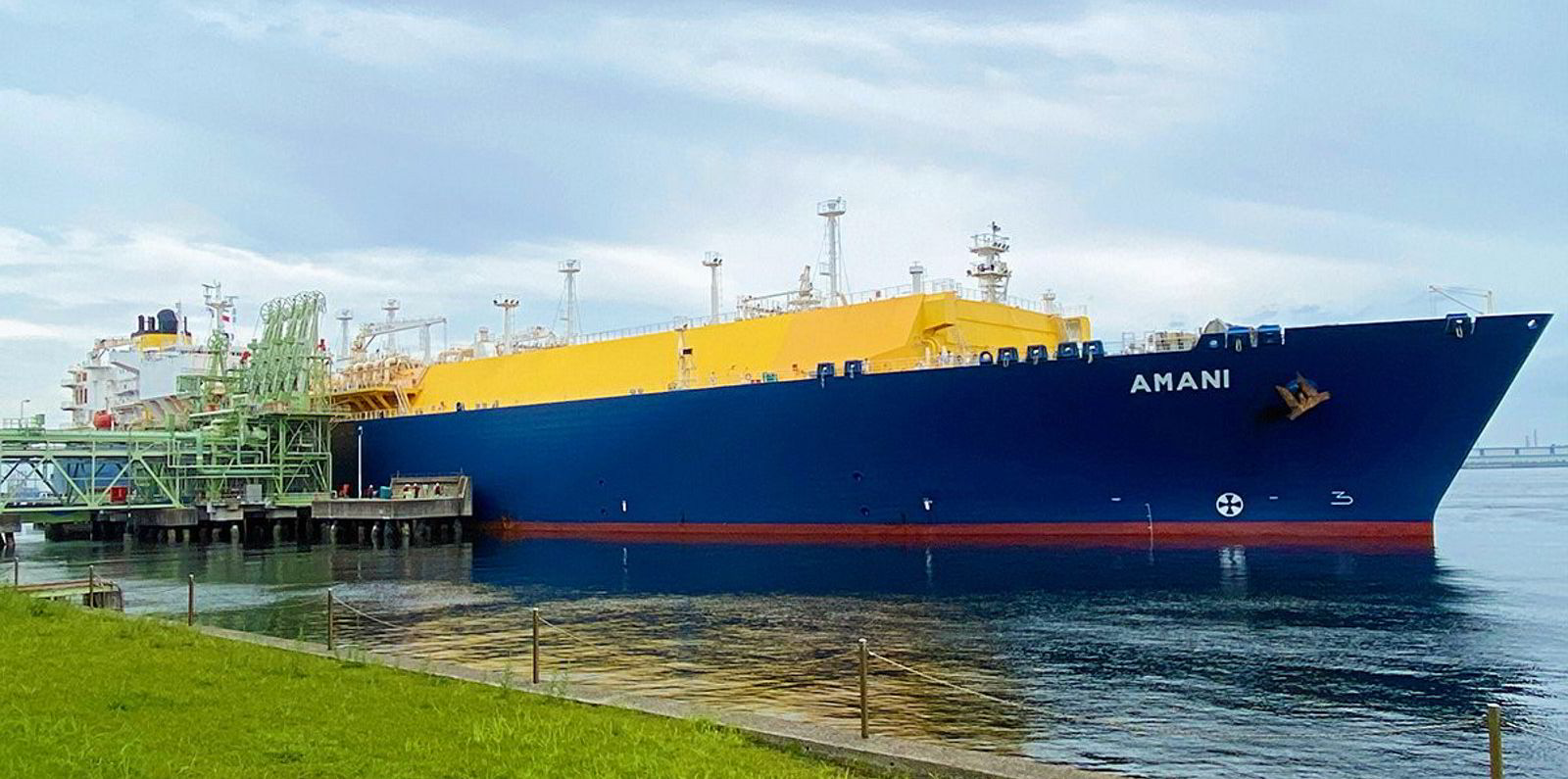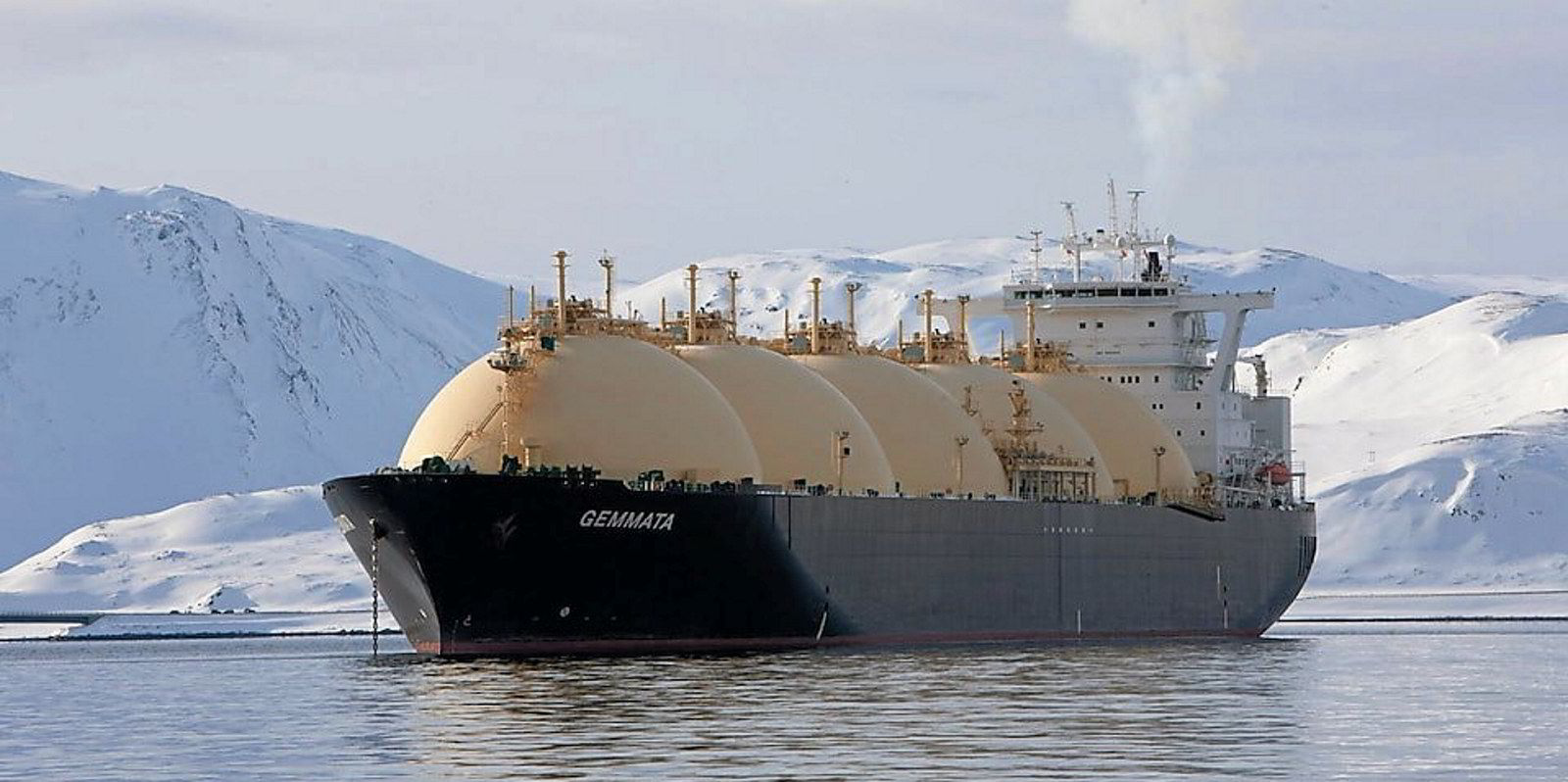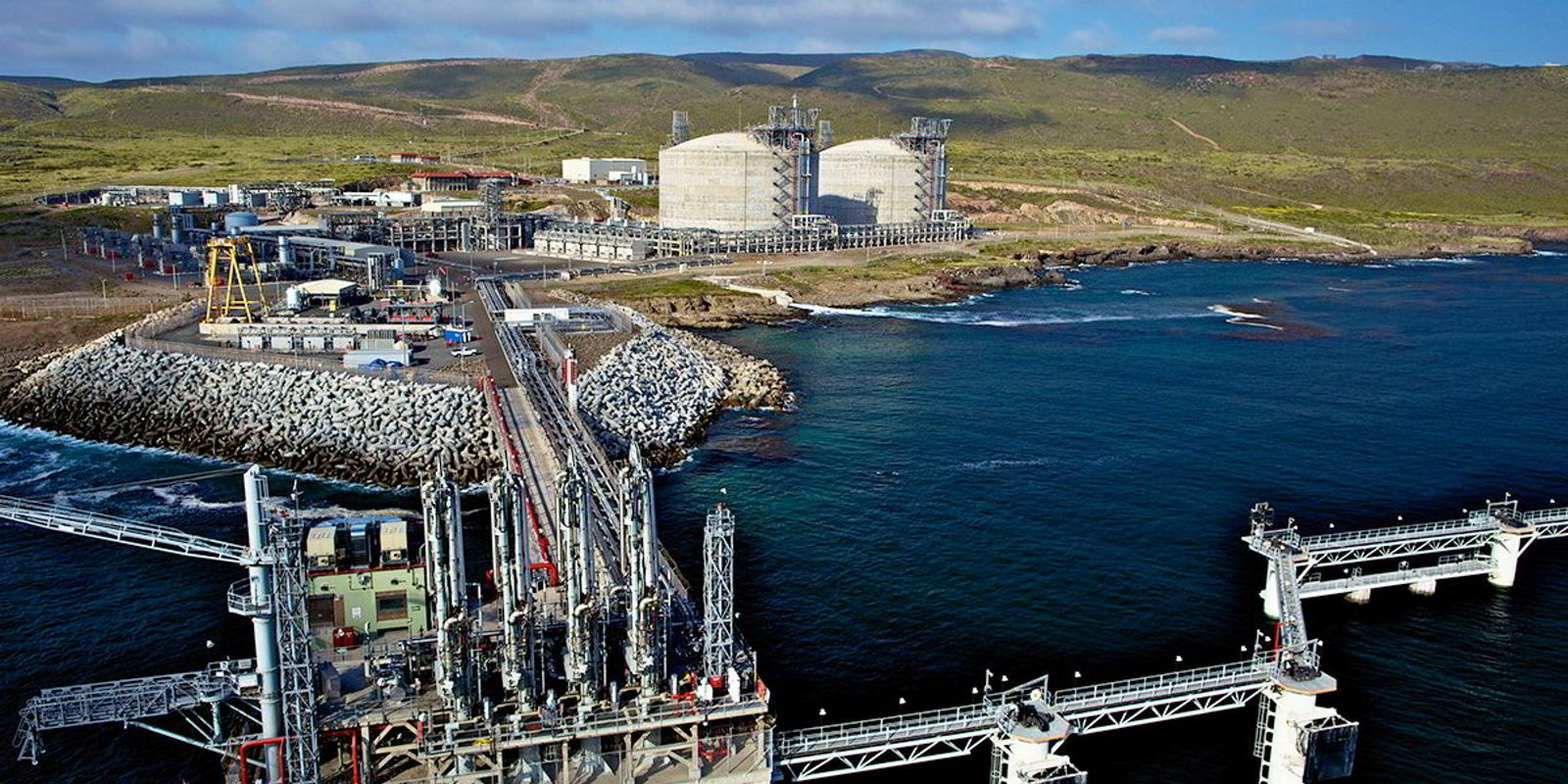Asia was the top destination for carbon-neutral LNG cargoes, receiving 17 of the 22 deliveries made last year, or 77% of imports.
Japan received nine cargoes, China four, Taiwan two and Singapore and Korea one cargo each, according to analysts at Bernstein.
Malaysia LNG exported four of these cargoes, Australia's Ichthys LNG three and Russia's Sakhalin II LNG two.
Europe imported its first carbon-neutral cargo last March, when the UK's Dragon LNG terminal received a cargo from Gazprom's Yamal LNG.
Subsequently, two additional cargoes arrived in Europe, one delivered to Italy from Cheniere's Sabine Pass in the US and one delivered to Spain from the Qatargas complex.
Shell purchased Italy's cargo, while Naturgy Energy purchased the Spanish cargo.
The Americas imported their first ever carbon-neutral LNG cargo in 2021. Sempra LNG purchased a cargo from BP's Atlantic LNG facility in Trinidad & Tobago and subsequently delivered this to Mexico's Energia Costa Azul terminal in July.
Oman LNG signed a deal with Shell to deliver the Middle East its first carbon-neutral cargo, using nature-based offsets, from Oman LNG's facility at Sur, details of which have not been disclosed.
"The number of carbon-neutral, or 'green' LNG cargoes really took off in 2021, spiking from five cargoes in 2020 to 22 last year," said Bernstein senior oil and gas analysts Oswald Clint and Neil Beveridge.
They said that while these 22 deliveries are clearly small relative to the 5,500 cargoes sold each year, it's “definitely a spike from zero in 2018 and only five in 2020".
“Such products are in high demand, we think, and the numbers will only accelerate from here," said Clint and Beveridge.
"Indeed, most of the demand for fully offset cargoes is in Asia, where 75% of global demand resides but [which] is also a region perceived to be slower in embracing a decarbonisation path."
Since 2019, thirty LNG cargoes have been sold as carbon-neutral, with their carbon footprints offset using either purchased carbon credits or by investing in projects that reduce emissions, according to Bernstein.
Most frequently, carbon credits are said to come from renewable energy projects for which credits are granted, or from reforestation projects that reduce carbon dioxide in the atmosphere.
"Following the sale of the first carbon-neutral LNG cargo in June 2019 by JERA to India, there were an additional two cargoes sold in 2019 and five cargoes sold in 2020," Bernstein said.
"Asia received all the cargoes, with China importing three cargoes, Taiwan two cargoes and South Korea and Japan one cargo each."
Bernstein estimates that the average carbon-neutral LNG cargo is responsible for 180,000 tonnes of CO2 emissions (scope 3) and the cost to offset this is around $1.8m.





